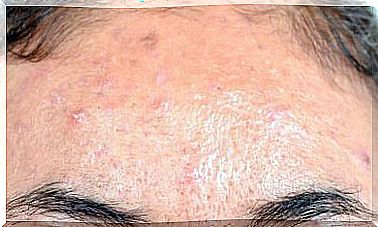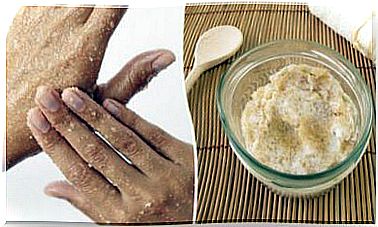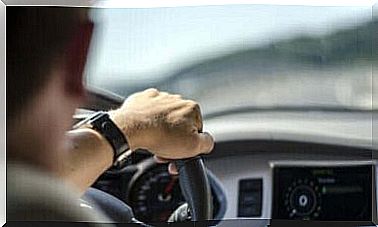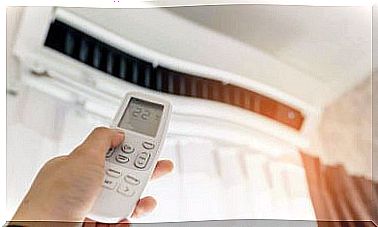Baby Bedwetting – What’s The Help?
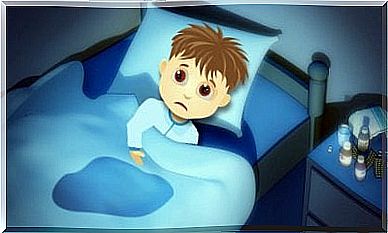
Doctors and psychologists call this problem enuresis , but the colloquial term for it is simply bedwetting . Bedwetting is when a child is unable to control their bladder, causing unintentional urination during the night.
There is also urinary incontinence during the day, and all parents should familiarize themselves with this problem area, at least in terms of basics.
What causes urinary incontinence and how can it be prevented? Continue reading to get helpful information about this common dilemma affecting families with children and use this information to treat your child’s bedwetting.
Enuresis – what is it about?

This refers to involuntary urination in children aged 4 years or older, which usually happens during their sleep, but may also occur during the day.
So this time, we will talk about the reasons for bedwetting and the solutions available to prevent it – this dilemma is common, and fortunately there are many remedies for it.
The child’s bladder
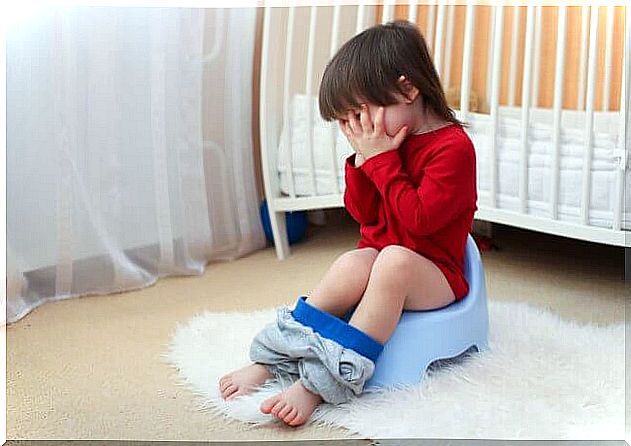
Bladder function, or bladder control, is a natural process that develops as a child grows, changes, and learns.
This mechanism reaches its full level when the child is 15-18 months of age. However, this age depends on a number of factors, such as whether parents have taught their child to go to the toilet alone, and whether diapers have been phased out little by little.
At this point, the child already knows how to pee alone (or at least he is in the learning phase ). There are many techniques that parents can use to teach their child to go to the pot. These include introducing underwear so that the child gets to know it when he or she wets himself or herself.
Pediatricians, books, and grandparents can be of great help in this regard.
If the teaching and growing process is successful for the child, he or she will move into the “big girl or boy” category and start going to the toilet like an adult – in which case he will tell the adults when he needs to go to the toilet.
At about the age of 4 or 5, the child is ready to fully control this physical need, and he or she will then no longer need help to empty his or her bladder.
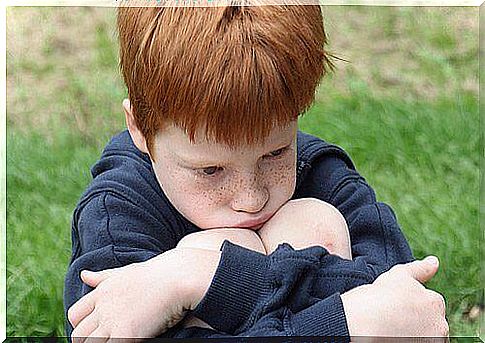
When has bedwetting become a problem?
So when we get to this point, everything is fine. The problem begins to raise its head if the child does not learn to pee even after several attempts. She doesn’t then “understand” when she sleeps that she needs to go to the bathroom, and then the child retreats back to her infancy, when she still had a diaper to protect her.
The problem then is inevitably the sheets getting wet, crying, nightmares and parental worries. Involuntary urination during the night usually occurs at about 5 years of age and can be intermittent or every night.
In some severe cases, nocturnal bed watering can continue until adulthood.
There are a variety of ways to control a child’s bedwetting, and these means include both psychological treatments and medical treatments. Once the causes are known, the problem may go away, but the primary and most important thing in treating involuntary urination is that the parents remain calm and do not blame the child.
So he should not be punished and should not be shouted at, for example.
Remember that watering the bed can lead to depression, shame, shyness, low self-esteem and other highly undesirable things in the child. Thus, if parents bark at their child from bedwetting, the situation may worsen instead of remedying it.
It is therefore very important to be patient and understand the factors involved in the situation and to help the child get over it. In this way, things will certainly develop in a positive direction.

What causes bedwetting?
Watering at night can be caused by e.g. for the following reasons:
- A small bladder (if a child visits the toilet often during the day, this may be the reason).
- Inadequate pot habituation.
- Stress, nervousness, anxiety, changes at home, separation from parents, problems at school, quarreling with siblings.
- Too early or late to start getting used to the pot.
Things to consider when it comes to bed irrigation
It is important to give the child time – even your own
If your child is 5 years old and wets their bed at night, don’t immediately panic and run to the doctor if this happens or once. However, if watering is repeated or occurs every night, medical attention is required. But otherwise it is normal for even 8-year-olds to water the bed every now and then.
Don’t blame your child, and don’t get angry or mock
Punishment is not a means of achieving the desired results, as it prevents parents from controlling the problem themselves. The child is not responsible for the situation.
However, if you blame her, it happens that the result is stress, anxiety, nervousness, a feeling of bad behavior towards older people, and a failed childhood.
Do not re-use diapers!
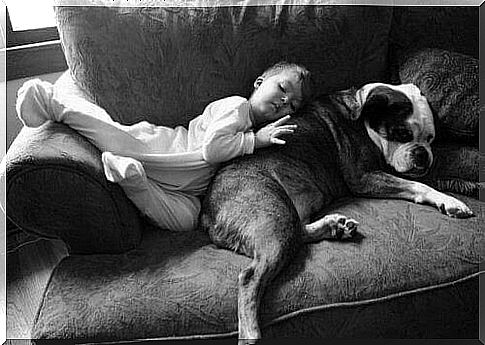
This recommendation is good to remember for several reasons. First, the instruction is due to the fact that the child grows and becomes more mature, and thus does not return to the previous level.
The second reason is that if a child continues to use diapers, he gets used to peeing at night without watering his bed, and thirdly, the child does not feel comfortable but instead experiences shame and depression (among other unwanted feelings).
Also, don’t forbid your child from drinking water in the evening
If you start to avoid your child drinking water in the evening, you may not be helping at all, but instead you may be creating a “patch” that has no healing effect on the problem.
The goal is not for the baby to have less desire to pee, but for him to learn to control his own urination during sleep.
Do not wake your child in the middle of the night
If you wake him up, you will get your child to go to the bathroom, but this will cause the child and you too to disturb your sleep rhythm, and this is not good for anyone.
So it is better for the child to learn to recognize the message he is experiencing that he should go to pee and wake up. This should also happen when the child is in the deepest stage of his sleep.
Lastly – and this is something to think about well – it’s about the child’s feelings. He has come, at the time of night watering, to an age where he can share his experiences without problems.
Teach her to trust you and express what she feels and why she feels bedwetting is happening (as well as what else she thinks about this problem).
Also, make your child a part of bedwetting care and the techniques you put in place to control the problem and eliminate it – this is the best way to help make the situation better.
So if your child’s problem is bedwetting don’t get nervous, but keep in mind these basic tips to help ease the situation as quickly and painlessly as possible!

